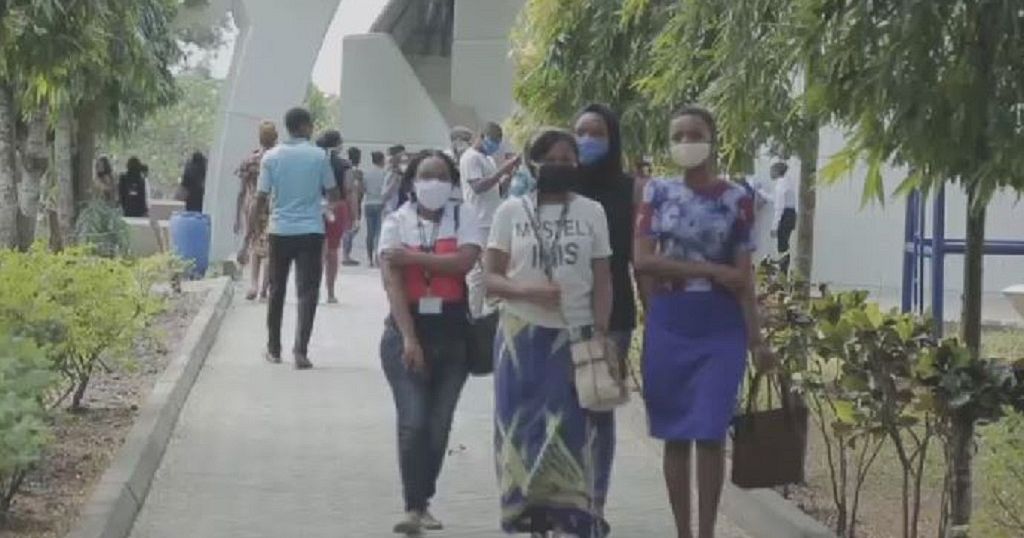Universities Close Tanzania's Digital Gap in Schools

Enhancing Digital Education in Tanzania
Ardhi University (ARU) has taken a significant step in supporting Tanzania’s digital education initiative by donating 55 computers to five primary schools in Dar es Salaam. This action, carried out on August 23, 2025, is part of the VLIR-UOS project in collaboration with Belgium’s Hasselt University. It highlights how higher education institutions are playing a crucial role in complementing government efforts to integrate Information and Communication Technology (ICT) into the education system.
The five schools that received the computers are Makongo, Mugabe, Msewe, Mapambano, and Buguruni Deaf Primary. These institutions will now have access to computer facilities, which are expected to enhance both teaching and learning processes. The donation aligns with the government's ongoing programs aimed at reducing the digital divide in education. Over the past few years, the Ministry of Education, Science and Technology has distributed thousands of computers to secondary schools across the country, aiming to make ICT an essential component of the curriculum.
This initiative is part of the broader Digital Tanzania program, which seeks to expand access to infrastructure, skills, and services. The program emphasizes the importance of partnerships, with universities, development partners, and private sector players increasingly involved in providing technical support and capacity building.
During the handover ceremony held at ARU’s campus, Vice Chancellor Prof Evaristo Liwa emphasized the importance of preparing future generations for a digital world. He stated, “We want teachers and pupils to use ICT confidently as a tool for transformation.” Prof Liwa also mentioned that over 80 head teachers and assistants have already been trained by ARU. He added that today’s learners must be equipped to solve tomorrow’s challenges.
The partnership with UHasselt and the Belgian government goes beyond just providing equipment; it focuses on fostering long-term solutions for sustainable development. For Buguruni Deaf Primary School, which received 15 computers, the support was particularly timely. Assistant Head Teacher Mr Chris Kweka noted, “Our pupils learn faster when information is presented visually. These computers will enable us to use interactive content that meets their needs.”
Other schools shared similar sentiments. Magdalena Nachunga, the Head Teacher at Makongo Primary, said the facilities would support both administrative work and the new curriculum’s focus on computer literacy. However, despite these efforts, experts point out that many rural schools still lack basic resources such as electricity and internet connectivity.
Independent consultant Dr Amana Mwalimu highlighted the unique role that universities play in bridging this gap. She stated, “Their involvement ensures solutions are evidence-based and sustainable. Collaboration between government, universities, and partners is exactly what Tanzania needs.”
Beyond distributing equipment, ARU is investing in training to ensure that the technology is used effectively. By equipping head teachers, the university aims to integrate ICT across all classrooms. The VLIR-UOS project also promotes research and innovation for inclusive urban development, aligning with the government’s STEMI agenda.
Prof Liwa concluded, “We cannot speak of quality education in the 21st century without ICT. Preparing learners for the digital world is not optional; it is an obligation.” This sentiment underscores the growing recognition of the vital role that technology plays in shaping the future of education in Tanzania.

Comments
Post a Comment